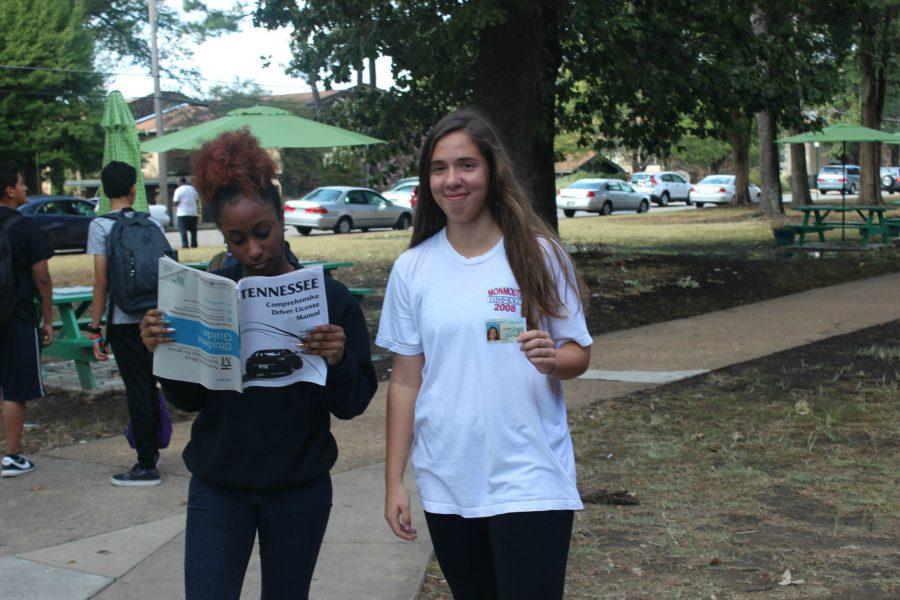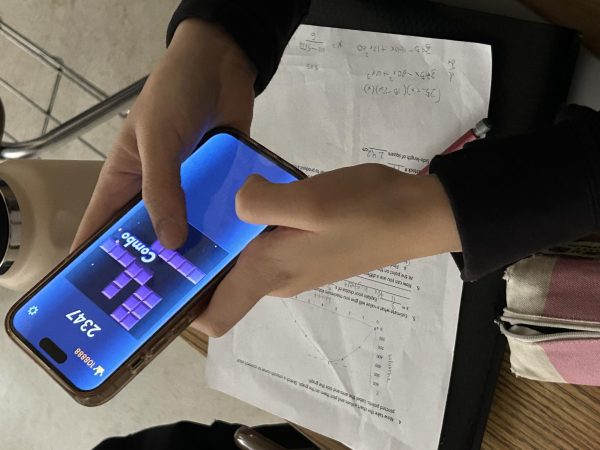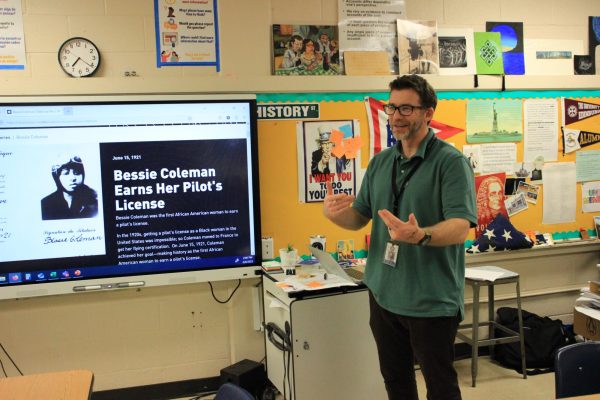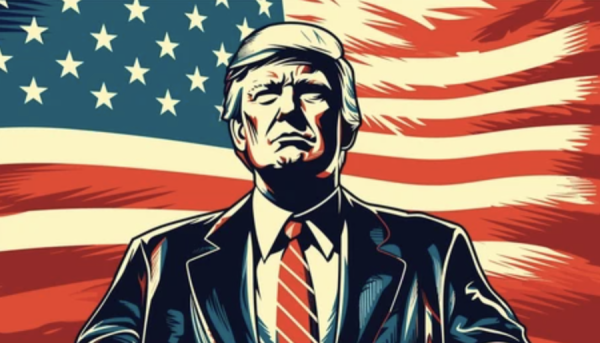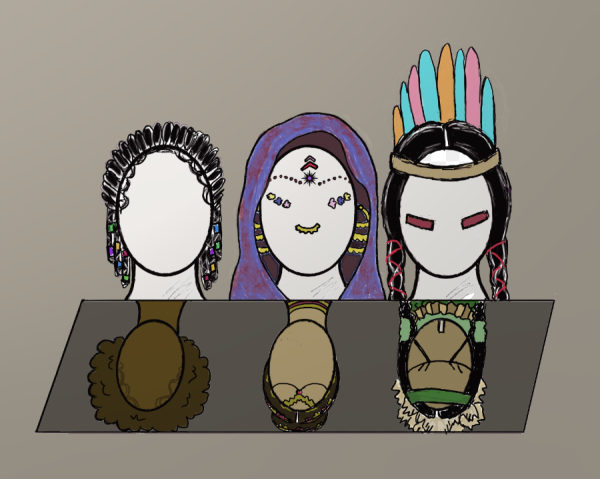The driving epidemic
Abria Harrison (11) studies for her permit test as Amy Eleogram (10) celebrates her newfound freedom
Flashback to the year 1980. After fervently counting down the days to their birthdays, 16 year olds everywhere raced to the DMV with the mission of earning their soon-to-be most coveted possession: their driver’s licenses. To teenagers of past generations, a driver’s license was a rite of passage, and everyone had one. But today, that is no longer the case.
“I’m actually one of the only ones [to have my license,]” Amy Eleogram (10) said. “There’s another guy I know, his name’s Austin, he’s in my grade, and a guy named Hunter. I think we’re the only three.”
So what changed? Why is the number of 16-year-olds with driver’s licenses dropping over time? One reason to explain this evident change is the emergence of the new process most states require new drivers to go through to earn the right to drive.
“We just had to show up with our birth certificate,”Algebra I teacher Clara Reason said. “You went in, took the [written] test, and if you passed, within five minutes you were in your car doing the driver’s test. As long as you passed that, you had your license.”
Now, state laws require teens to submit proof of citizenship and residency, two forms of identity, school attendance records and their social security number— and that’s just to get a permit. Following that, teens have to hold a learners permit for six months to a year, driving only with a licensed adult, until they can schedule the driving test. With the huge amount of time and paperwork needed to obtain a driver’s license, it’s no secret why many 16-year-olds put off the process until a later date.
Another reason teens are not inspired to get their license at 16 is the large financial sacrifice driving entails.
“When I was in high school, my first tank of gas cost 92 cents. You could fill up for 10 bucks,” Reason said.
The price of gas has since doubled, and with the addition of the cost of a car and insurance, many teens would have to take on part time jobs to reach this financial requirement.
Despite the many reasons 16-year-olds don’t have their licenses, the desire to have one still remains.
“[Having a license] would benefit me more because, dealing with track, I don’t always have a ride. I have to call somebody, and sometimes I can’t go to practice because I don’t have a ride,” Abria Harrison (11) said.
Teenagers want to be independent and mature; however, a lack of a license requires them to depend on others.
“Each generation defines themselves based off the responsibilities they choose to take at a young age,” Reason said. “My generation drove.”
And the current high school generation wants to. But because of the huge investment of time and money, many teens are forced to wait to earn the freeing power of a driver’s license.
Your donation will support the student journalists of White Station High School. Your contribution will allow us to purchase equipment and cover our annual website hosting costs.



































